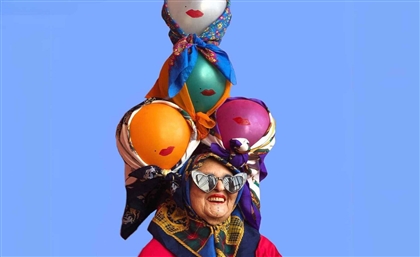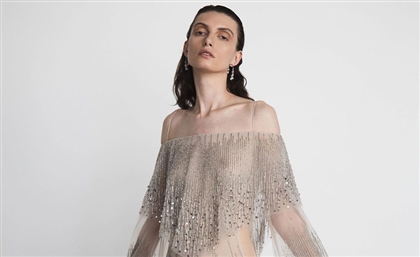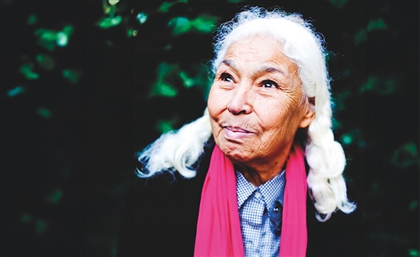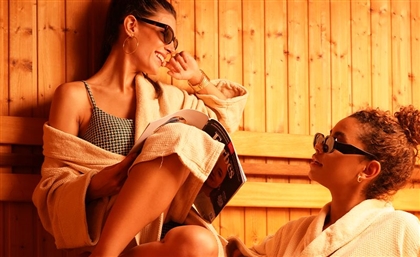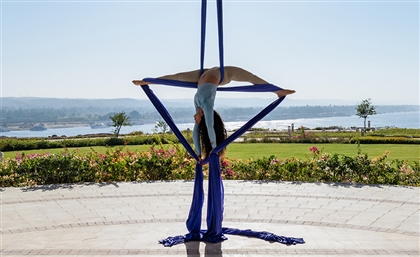Egyptian Stylist Mazen Zaki Launches His Own RTW Label 'Gozoour'
Egyptian Stylist Mazen Zaki Launches His Own RTW Label 'Gozoour'
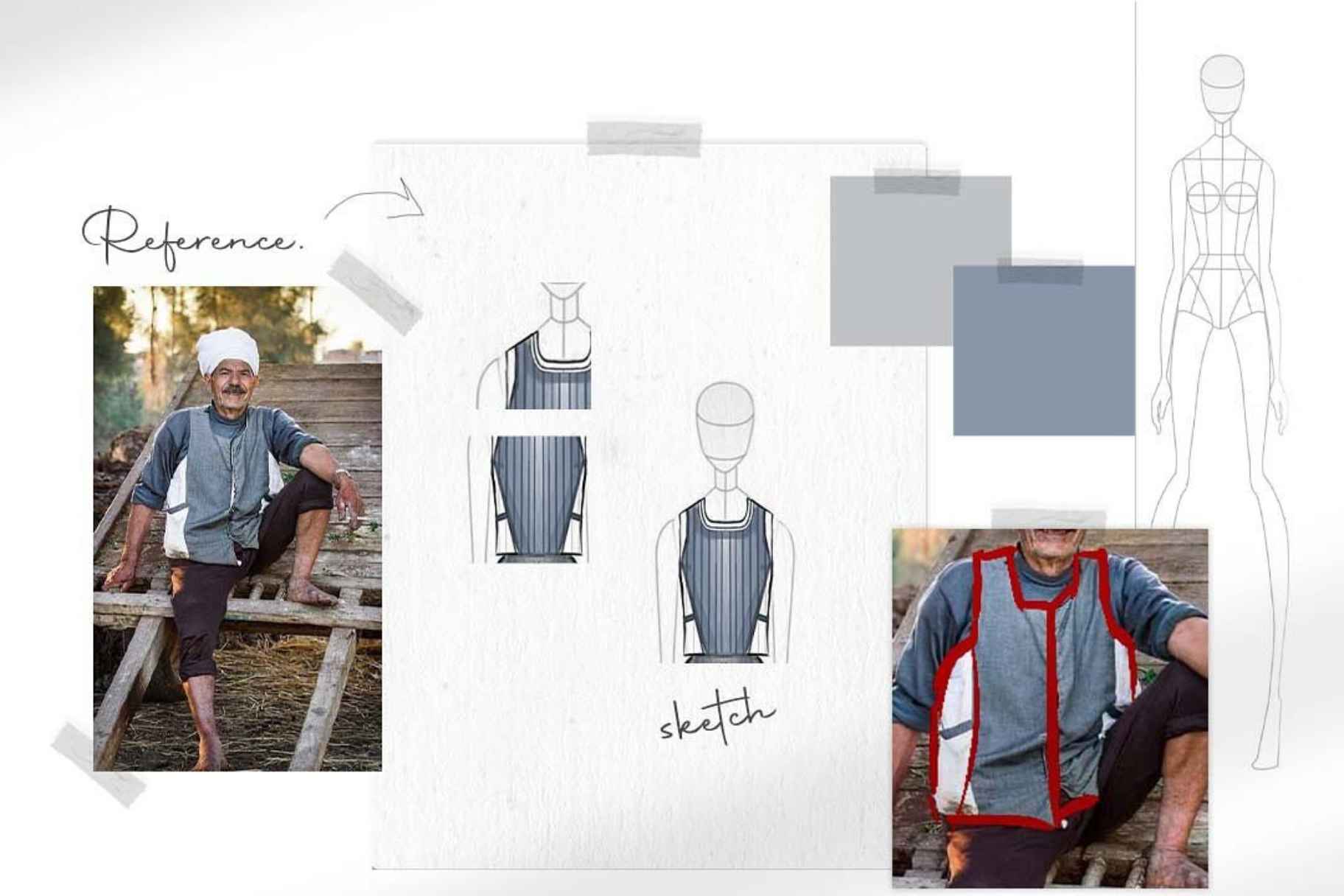
For Egyptian stylist Mazen Zaki, styling isn’t a regular day-to-day job. In fact, it was an “eye-opening experience”, as he describes it. Now, he’s channeling this experience to debut his very own ready-to-wear, unisex label, ‘Gozoour’. After nearly four years in the industry, he honed his skills, from haggling fabric prices for custom pieces, to make-shifting shirts into skirts, building on his fashion studies in MSA University, October University for Modern Sciences & Arts. His career in styling was joined by art directing a year and a half later, and working for a plethora of Egyptian and regional brands, from streetwear labels like The Stahps and SN2 Studios, to designers like Amina Galal and Reema AlShonaib . “Styling has taught me about what the market wants, and what the consumer yearns to see,” Zaki says to Scene Styled. Zaki’s work borrows from the Egyptian perspective. Before launching his culturally inspired label, his styling projects would echo the Egyptian farmer. “I would subconsciously add elements and silhouettes like ‘galabeya and ‘ema’,” he reveals. “I was tired of seeing Westernized references,” he explains, referring to mood boards filled with shoots from Balenciaga and Balmain, which themselves draw inspiration from Egypt. “Our history encompasses so much more than the pyramids and pharaohs,” he highlights. Then, an idea sparked in Zaki’s mind. “I wanted to create a brand that focused on the side characters that no one looks at,” he says. “I looked deep into our culture and its layers, at what people now call ‘vulgar’ and scorn at.” Terms like ‘farmer’ are often used derogatorily in colloquial Arabic, and Zaki aims to provoke conversation around this, using fashion as his medium. “In fact, their style resembles Victorian fashion, featuring multiple layers,” he unveils, dissecting the way farmers’ dress, from the thermal to the outer galabeya. He sees beauty in the complexity of their lifestyle and traditional garments, noting that even the galabeya can be styled in various ways, according to function, from farming to climbing palm trees. Similar to this, Zaki created ‘Pantalon Al Hakl’, or the ‘Field Pants’, which feature a darker ombré at the hem, mimicking their mud-soaked pants. Another source of inspiration for Zaki is old Egyptian movies, such as the 1998 film ‘ara’ Al Balah’, or ‘Date Wine’,which addresses themes of Westernization and its impact on rural life. “Beyond the movie’s symbolism, I was also drawn to the movie’s colouring, patterns, and the mixing of masculine and feminine silhouettes.” This film inspired Zaki to create fashion that is inclusive for all. “Essentially, the galabeya is a dress,” he begins, on why his brand is unisex. “Fashion should be accessible to everyone. If it’s comfortable for you, wear it.” “We should stop looking outside for inspiration and trends, and look inwards, reconnecting with our roots instead,” Zaki goes on to say, explaining the foreshadowing in his motto, ‘true luxury is found when we honour our roots’. “All of our roots come from farmers- whether your dad, grandfather or great grandfather- and we should celebrate that.” Zaki admires the groundedness of rural Egyptians, who prioritize kindness and generosity over materialism. He envisions an Egypt that embraces its identity without Western influence, exploring what could have been in his brand- an evolution of style based solely on local culture. “There’s no set guide for inspiration here,” he reflects. “We’ve been influenced by the West for too long. It’s time for us to take the lead and redefine trends.” “I want the West to look at us for inspiration and become Egyptianized.” Zaki isn’t dismissing the significance of 7,000 years of civilization; he just believes we’ve become stagnated in our appreciation of it, as proven by several fashion houses’ repetitive influences and motifs. “I want to see a broader representation of Egypt,” he adds. “It’s time to retire the motifs of the Eye of Horus and lotus flowers.” His own collection’s mood board faced challenges, with searches and the Pinterest algorithm yielding only familiar imagery of stereotypical ancient Egypt through the eyes of the West. What particularly draws Zaki is the evolution of Egyptians throughout the years- or more specifically, what-could’ve-been. His debut collection, crafted with fabrics sourced directly from suppliers of traditional galabeyas, showcases the first phase of this vision. “I’m showing what Egyptians could look like if we weren’t modernized, and we developed our own sense of style.” In Gozoour’s inaugural line, Zaki explores the ratios, shapes and structured silhouettes of the galabeya, farmers’ vests and traditional thermals. Humble, quiet and grounded, the collection reimagined traditional farmers’ garments in a contemporary context, substituting buttons for edgy zippers, a denim vest instead of fleece, and a cosy pullover with a cattle egret bird- the ‘farmer’s best friend- embroidered on it. His pieces are mostly inspired by ‘a state of mind’, like a vision of driving over Cairo’s roads, and losing yourself in the beauty of farmlands past all the bustling cars and grey asphalt. “For my future collections, I want to travel all over Egypt and explore different elements from different Egyptian sub-cultures.” Upon speaking, Zaki mentally wandered off to various parts of Egypt, from Luxor’s endless greenery, to Aswan’s bright hues and Cubism-like patterns, to Alexandria’s fishing garments. To Zaki, as well as globally, fashion plays a vital role in shaping cultural identity and pride. Culturally-inspired collections have become the dominant source of inspiration for designers, influencing everything from major fashion weeks to emerging, nascent brands. In fact, a recent report by McKinsey & Company found that 70% of designers cited cultural heritage as a key inspiration for their collections, tying in the powerful connection between fashion and cultural representation.
- Previous Article How Amr Diab Shaped the Sound of 2024 Hit Series Hala Khassa
- Next Article Ministry of Tourism Launches Saudi Travel Festival in Beijing
Trending This Week
-
Oct 21, 2024







